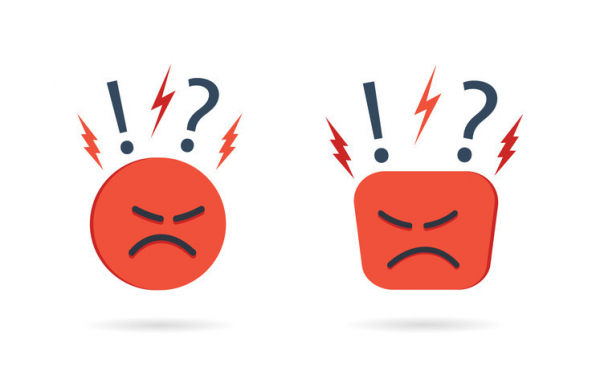
Breathe. Count to 10. Take a walk. These strategies have long been advised to help you pause and rethink your reaction when you’re seeing red and an inch away from exploding. Under normal circumstances — maybe a little stress at home or at work — those strategies can be useful. But you may find they’re less effective in the pressure cooker we’ve been living in since the pandemic began. What can you do to avoid reaching your boiling point?
For insight, I turned to psychologist Stuart Ablon, founder and director of Think:Kids in the department of psychiatry at Harvard-affiliated Massachusetts General Hospital. Ablon is an expert at defusing explosive behavior among kids and teens with severe developmental delays in problem solving, flexibility, and tolerance to frustration — the skills that keep us from melting down.
Pandemic stress blocks our coping abilities
Ablon says many adults are struggling with a lack of these skills right now — not because we haven’t developed them, but because pandemic stress is blocking them. “When we humans are chronically stressed, we lose access to the part of our brain that performs skills like flexibility and tolerance,” Ablon says.
Blocked skills can reduce our coping abilities to those of little children, like toddlers who scream when they don’t get their way.
Practice empathy
Ablon says it’s crucial to stay calm or “regulated” when you’re feeling mad or upset, so you can access the skills needed to maintain control. And the best way to remain calm, Ablon says, is by practicing empathy — trying to sense another person’s perspective or point of view.
“Empathy is the most powerful human regulator we have. It’s been proven to de-escalate people in the most challenging of prison settings, and it can also work on an airplane or in line at Starbucks,” Ablon says. “Think about it: when someone listens to you and tries to understand your point of view, it calms you. You can feel your heart rate drop.”
How does empathy help you?
Calming others is great, but how does being empathetic keep you from exploding? It has a domino effect.
- Trying to understand someone else's point of view may change your mind about how you want to react. It will also give you something important to do, which will keep you focused so you can remain calm.
- Being calm enables you to access coping skills like problem solving, flexibility, and tolerance to frustration.
- Accessing your coping skills strengthens your ability to keep your cool.
- Because you’re calm, you’ll keep someone else from exploding, which in turn helps you continue to stay calm.
Four steps to help you stop seeing red
To practice empathy, Ablon recommends the following steps.
- Adopt a mindset that people are doing the best they can. “We’re all trying our best to handle what the world is throwing at us, with the skills we’re able to access at that moment. None of us wants to be losing it,” Ablon says. “Think to yourself, ‘This person I’m interacting with isn’t giving me what I want, but this person is doing the best they can right now.’ If you can exude that, you will help regulate them. It’s incredibly contagious — the same way a parent who stays calm can soothe a crying baby, or a kindergarten teacher with supreme calmness can regulate a whole class.”
- Be curious, not furious. Ablon recommends asking questions without jumping to conclusions, so you can find out where people are coming from. What are their circumstances? What’s driven them to this moment? What do they need?
- Practice active listening. “One of the most powerful things you can do to regulate someone is to repeat back to them what you’re hearing from them in your own words. It makes them feel heard,” Ablon says. “So ask questions, and when you get information, reflect back what you’ve heard. It’s called active listening.”
- Offer reassurance. Remind the person you’re talking to that you’re trying to help. “Say, ‘I’m just trying to understand. I know you must have an important reason and I want to hear more. I’m not trying to get you upset. I want to work things out.’ That’s very calming and regulating,” Ablon says.
It may not be easy to remain empathetic in these challenging times. But the more you practice this skill, the more empathetic you’ll become. That can deliver significant results. “If you can stay calm and approach someone kindly and with understanding,” Ablon says, “it will head things off at the pass for both of you.”